AquaB has today launched a self-led audio course on nanobubbles, to help accelerate global understanding of what nanobubbles are - and why they are important.
Nanobubbles 101, hosted by Prof. Niall English, has been published in podcast-form to enable easy access internationally. The seven-episode series is designed to provide baseline information about nanobubbles, which are tiny gas bubbles, invisible to the eye, on the nanometre (nm) scale.
The small size of nanobubbles gives them distinct properties that are potentially transformative for a wide range of industrial applications. These properties include long-time metastability, high surface area-to-volume ratio, and slow rising velocity.
The potential of nanobubbles has been known for some time, but the barrier to widespread adoption has been the challenge of developing energy-efficient, controllable, reliable generation. Recent breakthroughs mean that nanobubble technology is expected to have a transformative impact on disparate sectors, including, among other things, water treatment, energy, algae control, carbon capture, agriculture and aquaculture.
Prof. English is CTO of AquaB Nanobubble Innovations Ltd, a University College Dublin (UCD) spin-out company which is commercialising electric-field nanobubble generation technology. AquaB’s nanobubble generators utilise a novel method to generate high concentrations nanobubbles using static electric fields, which was lead-invented by Prof. English.
The Nanobubbles 101 audio course has been developed by AquaB, informed by feedback from industry insiders. Commenting on its launch, Prof. Niall English said:
“A fundamental challenge for multiple industries is limited solubility in many liquids. Nanobubbles offer a very exciting opportunity to effectively address these challenges.
“Take the levels of oxygen in water, for example. A lack of dissolved oxygen is a significant cause of fish kills during hot weather and the same lack of dissolved oxygen is also the main reason for lakes being blighted by harmful algal blooms. Of course, a warming global climate will amplify many of these problems.
“Never has the need to accelerate environmental sustainability and water treatment been so critical. With nanobubble-generator technology now becoming more widely available, I felt there was a need to make sure key decision-makers in industry have a way of understanding the science behind nanobubbles.
“By making that scientific explanation freely available, my hope is that engineers and innovators in industry will grasp the potential for this technology in their respective industries and start to apply it. That’s what Nanobubbles 101 offers to the listener.”
Prof. English is an internationally recognised expert in how external fields affect the ordering and behaviour of systems at the nanoscale, and his research interests encompass nanoscience, electric-field effects, nanobubbles, carbon capture and gas hydrates. In September 2023, he was announced as a recipient of a European Research Council (ERC) Advanced Grant, worth upwards of €2.5 million, for a project called NIMBLE which will investigate how the characteristics of electric-field-generated nanobubbles and nanodroplets can be controlled and optimised.
He added:
“The real opportunities for nanobubble technology will only be realised if industry understands the potential and innovates to develop transformative use cases for it. This is a very young industry, and we are only at the very early stages of understanding the longer-term potential of nanobubbles for industry and for our planet.”
Nanobubble 101 can be found on all major podcast platforms, including Apple, Spotify and Audible, and is also available to stream on AquaB's website.

